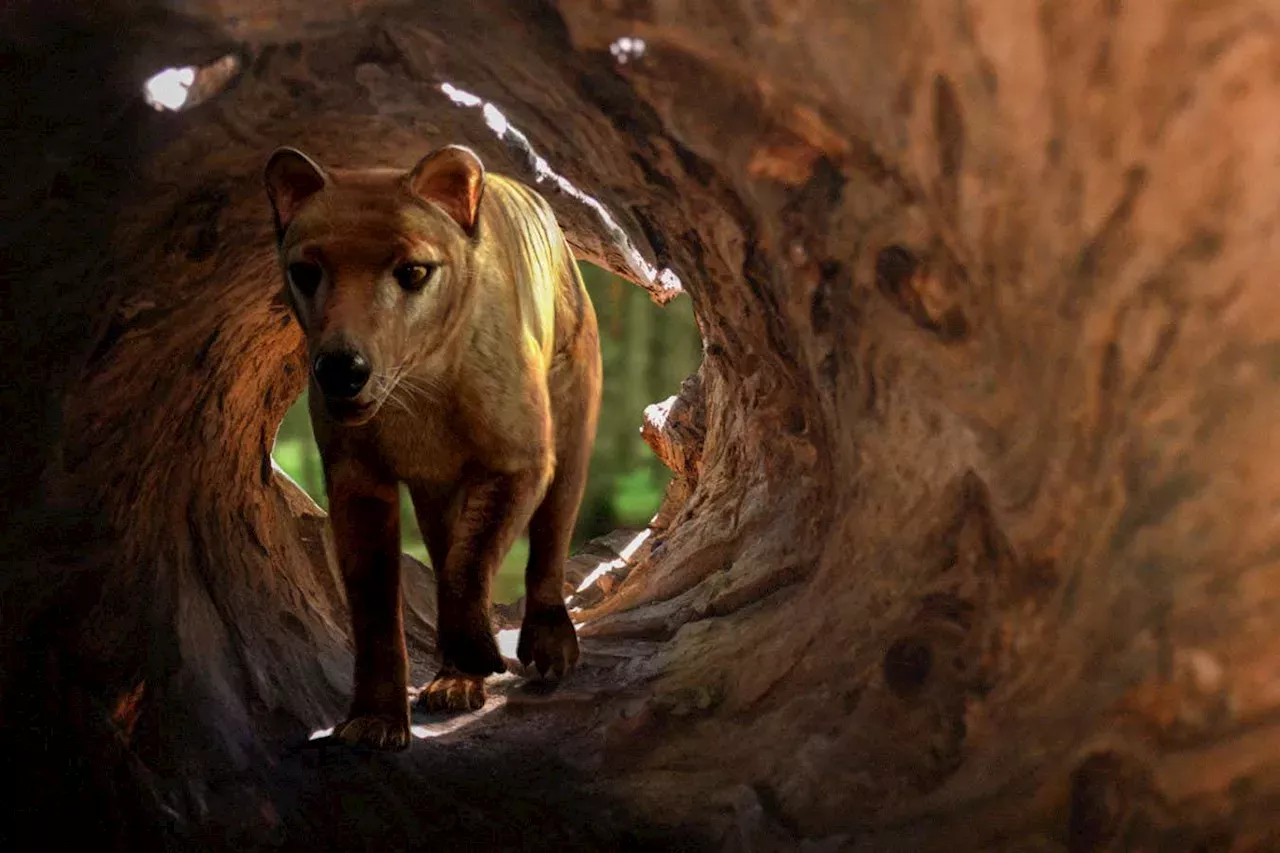The genome of the extinct thylacine has been nearly completely sequenced, de-extinction company Colossal has announced. It says the genome is more than 99.9 per cent complete, with just 45 gaps that will soon be closed – but it has provided no evidence to back up its claim.
“It’s a fairly difficult thing to get a fully complete genome of almost any organism,” says Emilio Mármol-Sánchez at the University of Copenhagen, Denmark, whose teamThylacines, also known as Tasmanian tigers, were carnivorous marsupials once found throughout Australia, but by the time European explorers arrived, they were limited to Tasmania. The last known thylacine died in a zoo in 1936.using tissue from a then-108-year-old thylacine pouch preserved in alcohol.
Given the lack of any other thylacine genomes to make a comparison with, there is no direct way to tell how complete it is – instead Pask says Colossal is using other related species in the same family to make this estimate., there is currently no feasible way to generate living cells containing this genome. Instead, Colossal plans to genetically modify a living marsupial called the fat-tailed dunnart to make it more like a thylacine.
When asked why Colossal had provided no evidence in support of its claims, CEO Ben Lamm said the company’s sole focus is de-extinction, not writing scientific papers. “We are not an academic lab where papers are their main focus,” said Lamm. “We will continue to make progress much faster than the process of writing scientific papers.”
